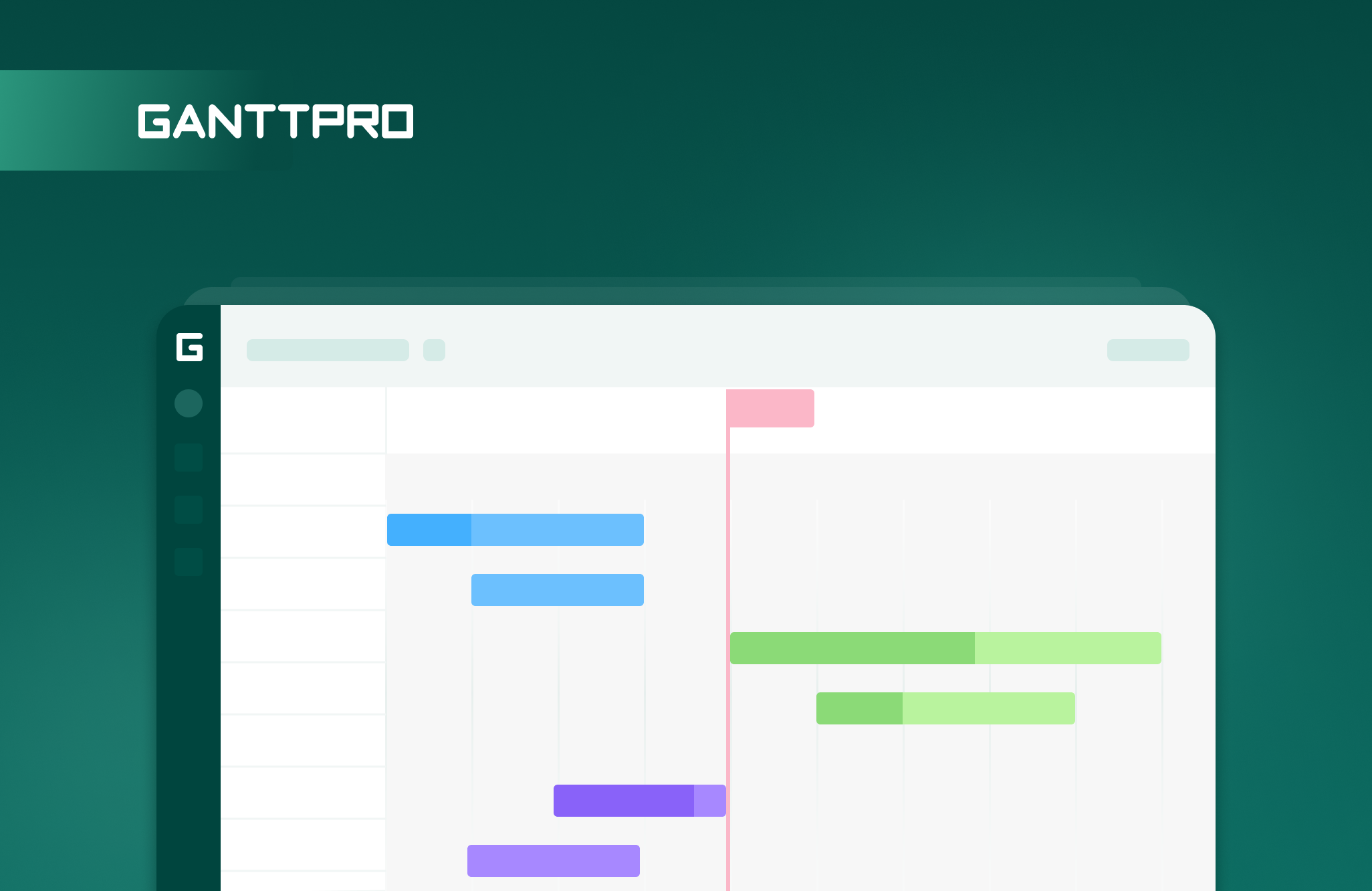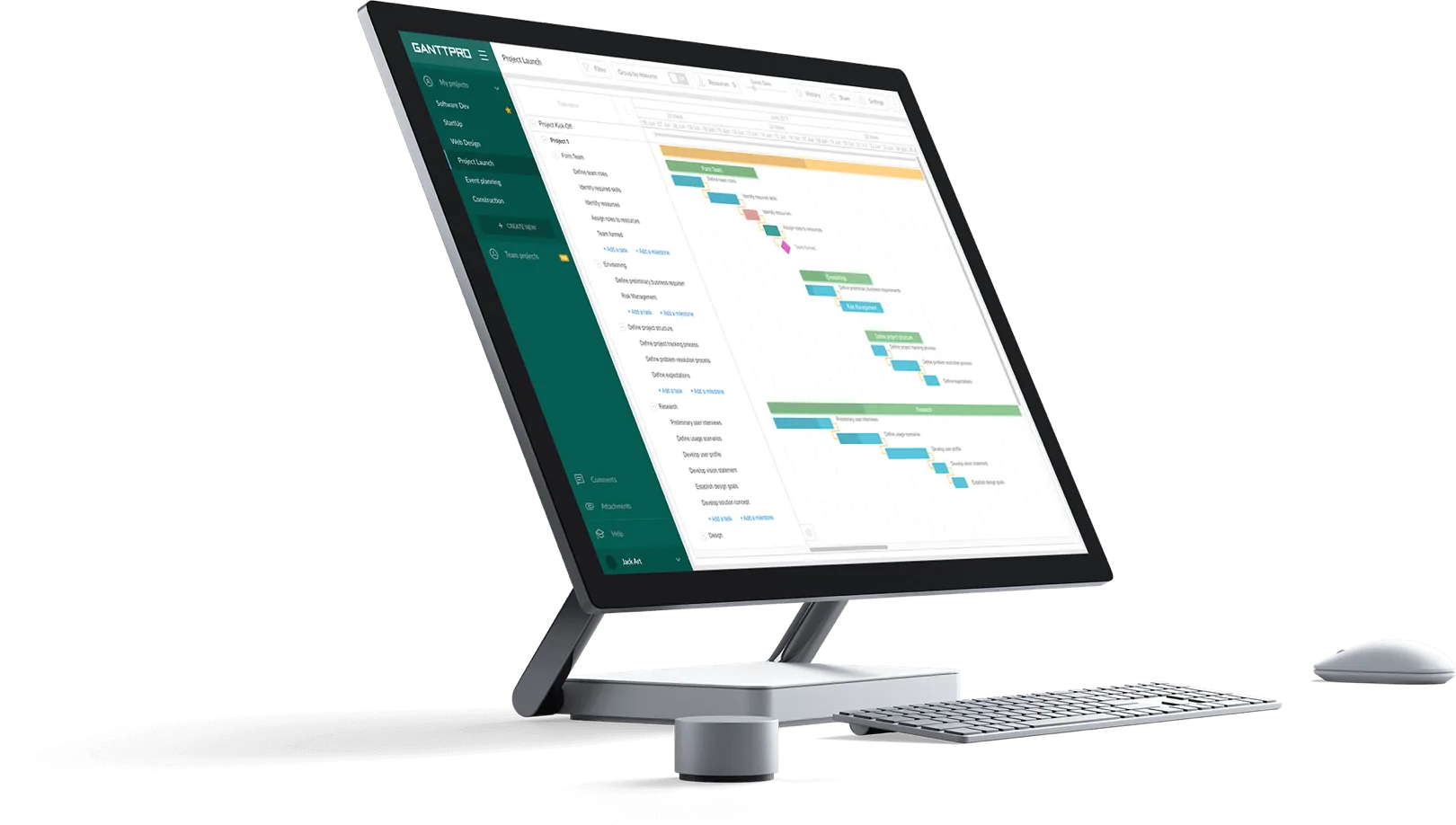How to Build Great Project Leaders

Good leadership is an integral part of any functional organization. The leader should be someone with a clear vision, outstanding organizational skills, and drive. They are not only responsible for the tasks at hand, but also the people working on a particular project.
When building a great project leader, it’s important to keep certain personality traits in mind. When you focus on motivation and work ethic, the end product will always be of high quality. To get started on molding your next leader, we’ve compiled a list of characteristics you should be mindful of.
Great organizational skills
The most obvious characteristic of a good project leader is someone with a vision, but it may be hard to spot. A leader has to have more than an idea of the final product, they have to have an execution plan. This is where organization comes in. Your leader must know how to turn this idea into something tangible, which means putting together a solid team, creating a timeline, and working with each individual to ensure he or she is on track.
Of course, a robust project management solution is a key tool for any great project leader. Facilitating task management, tracking schedules, and organizing the project to improve collaboration are arguably the costs of entry for any project manager.
However, great project leaders need to be more than box-checkers. The project management system or online project planning tool should be used to automate many of the day-to-day tasks typically associated with keeping the project on schedule and on budget. By letting machines do what they do best, project leaders can free themselves up for higher-level, more strategic thinking, and relationship building.
Interested in data and analytics
Once a project leader sets a structure and assigns tasks, a big part of the job is to collect data and analyze improvement. In some cases, this may just be checking in with members. In other cases, this means going through significant amounts of project data to suss out emerging patterns.
A good leader can’t just be involved in the planning and creation, but must also have at least a working knowledge of your business’s key metrics. Resource planning, project lifecycle analytics, income projections, and profit margins may be daunting, but they’re a crucial part of the job. This is where discipline comes in. Being able to handle the backend of a project while still motivating members to stay on task is what makes a strong leader. At the same time, finding a colleague whose strength lies in the numbers side of project management can be helpful.
Someone who cares about people
Your leaders’ relationships with their teams will directly impact a project’s outcome. Your leaders are the backbone and must support the entire team, which means helping each individual member grow into and work at their full potential. A Harvard study looked at compassion in the workplace and found that people who felt their employers cared about them felt more comfortable at work, which led to better production. That is, actually, one of the answers to the question of how to be more productive.
“Care” may seem like a vague term, so here a few ways leaders can show team members they’re interested in their wellbeing:
- Before starting a project, your leaders should be sure to tell every member they’re always open to talk. When team members feel like there are no barriers to conversation, they’re more likely to raise issues before they go wrong.
- Great leaders should ask their team members how they are doing on a current task before assigning a new one. Project management shouldn’t be about simply maximizing workloads. Good leaders care about the quality and quantity of the work, of course. But they should also be keeping an eye on overall team stamina to prevent burnout. Quickly checking in before adding new work to the stack can help identify bottlenecks before they cause all work to grind to a halt.
- Leaders should never fail to ask (and mean) “what help can I give you to make your task easier?” Your leaders should be looking for opportunities to eliminate barriers and smooth the way for your team members.
- Great leaders commit to checking in with every employee around the same time, whether that’s once a day or once every three weeks. Asking team members about the progress they’ve made, difficulties they’re running up against, or suggestions for improving the project or work atmosphere creates a more collaborative, effective working relationship.
As long as a good leader is open, motivating, and willing to listen, team members will feel comfortable and confident in producing quality work.
Open to learning
The most important characteristic a project leader must have is an openness to learning. No leader can be effective by trying to be an expert at everything. Every team member has something to teach the group and good leaders look for opportunities to bring this to the fore. This also instills confidence in team members and shows them they should feel comfortable speaking up to improve the project outcome.
Think about it this way: When hiring a project leader, are you looking for someone to be better than your best coder or engineer? Then hire a better coder or engineer. In hiring a project leader (or building an existing project leader into a better one), you should be looking for someone who can facilitate your teams to do better work.
Along with openness, a strong leader always admits mistakes. This transparency builds trust and most importantly, shows a leader is still a human. While it’s important to demand respect from team members and be treated like a leader, it’s also important they know that leadership mistakes happen at every level of the organization.
If you yourself are taking on a role as a project leader or are looking to hire someone as a project leader, always keep in mind that a leader sets an example. If you want a friendly, inviting workplace that does great work, you (and your leaders) must create it.
